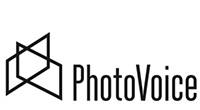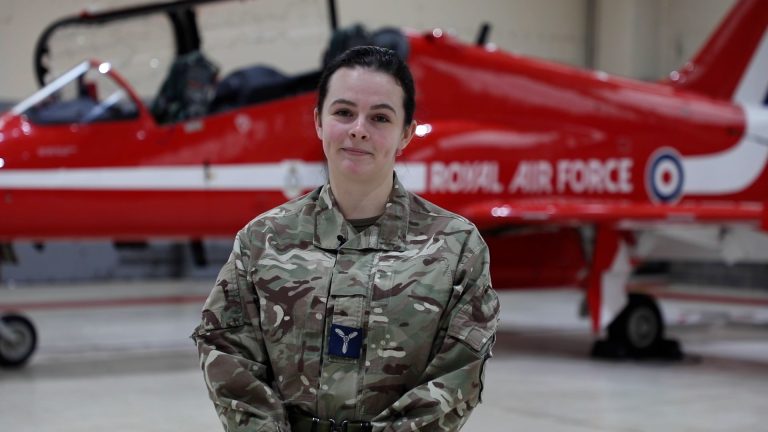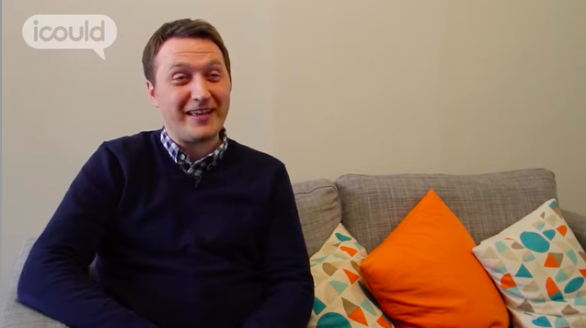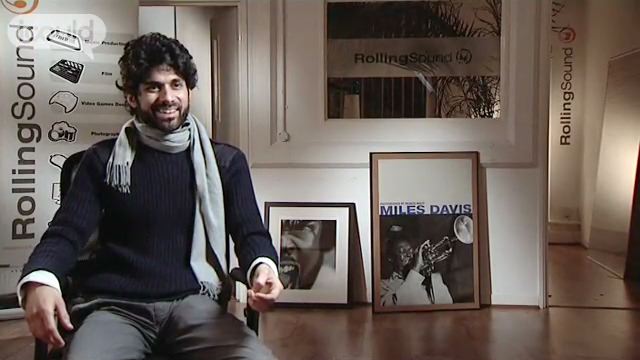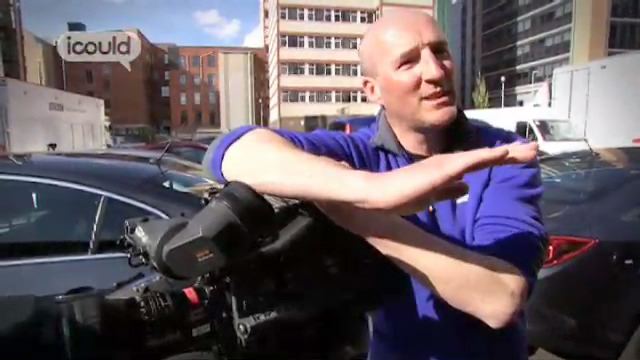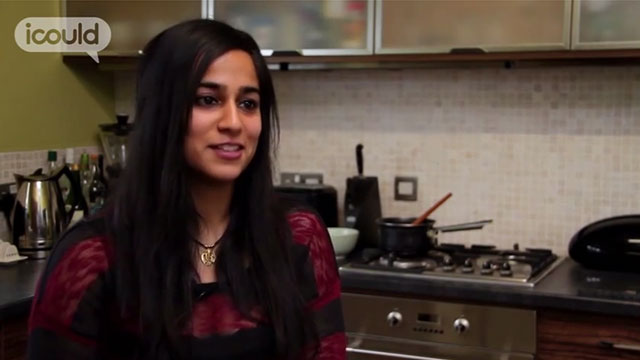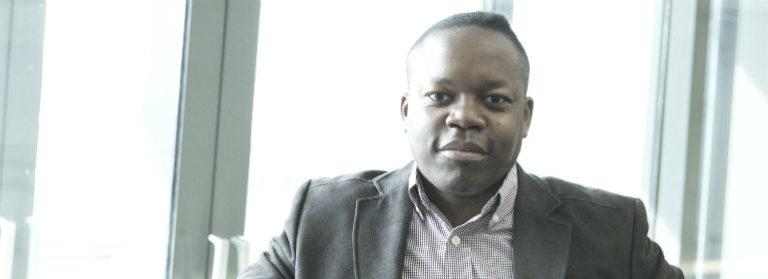Five questions with photographer Meredith Hutchison
Five questions with photographer Meredith Hutchison
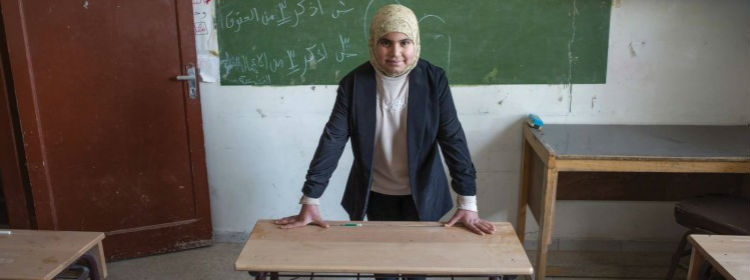
Meredith’s images spark conversation and show there can be change.
Her ‘Vision Not Victim’ project asks young girls around the world to picture their future selves. So how did she get started, what’s her approach to photography and what tips does she have for young photographers?
1. Where did it all begin and why did you chose photography?
I started my career as an aid worker and began to see the real impact that media had on people’s views. I became interested in the images that were used to show crises and help fundraise, and the same stereotypes that were so often played up and highlighted in these images.
Imagine being a refugee and only seeing refugees in the media as victims. Imagine being a young girl thinking about your future and not seeing any images of successful women from your community. Imagine being a woman leader fighting for your rights, only to see yourself and women like you portrayed as powerless and weakened. How does that impact how you see yourself? How does that influence how others see you and treat you?
I had always done photography on the side, and in thinking through these questions, I decided I wanted to find a way to use photography in a different way and support people in telling their own stories.
I chose photography because it is powerful. It remains stuck with you in a way that written words or even video does not. Photography allows you to show others not just present day reality – but show them what the future could look like – show them that change is possible.
2. Tell us a bit about your approach to photography.
I work with oppressed groups to – together – create images that reflect what they want and need to communicate. For me, it is not enough to create a powerful photograph – what happens before and after the shutter is pressed is critical. Supporting people in exploring their own creativity and their visions for the future – and working with groups afterwards to make sure that the images are paired with action for change – is important.
3. Is there a single image that defines you as a photographer?
If I had to choose one image that defines me, I would choose the image of Yvette – a young woman from the Democratic Republic of the Congo – posing as her future self – a photographer. I worked with Yvette and about 30 other young people for several months – building skills and exploring creativity. Normally, when I start working with groups of girls, they are timid and make themselves small. Yvette so beautifully shows how the process gives girls the space to transform themselves. In the image there is nothing small about Yvette – she is strong and powerful. She is larger than life – not just playing pretend, but stepping into her future and claiming it.
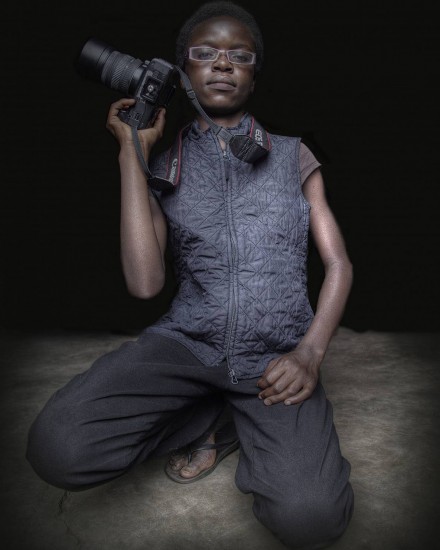
4. How important do you think equipment is?
A photographer with a great eye and technical knowledge can create remarkable images on a very basic camera. When I first started out and was saving to buy equipment, I was using a small, old Olympus. I love that camera and still use it from time to time. That being said, as you start to work in areas in the field where lighting is a real issue, your equipment does become more critical.
5. Do you have any advice for aspiring photographers?
Learn how to become a really great listener – it is the best way to build trust. Learn what is important to people and why. Learn about topics that seem to be on the fringes of your focus. Practise curiosity and your skill. Don’t wait for an organisation or potential employer to approach you with an idea of what they want captured. Put forward your own ideas, approaches, and stories.
Feature image: © Meredith Hutchison, Fatima AGE 12, VISION: future teacher, “In this image, it is the early morning and I am waiting in my classroom for my students to arrive. I teach younger children to read and write Arabic. I am a very compassionate and kind person, and so a perfect teacher. I am strict, but I go out of my way to gently help those students who are having difficulties.”
Find out more
Read a longer version of this article on PhotoVoice
Find out more about Meredith Hutchison’s work
Watch icould videos on careers in photography
PhotoVoice uses photography for positive social change. Since being established in 2003, they have worked on over 65 projects in 35 countries, all helping people to share their own story through photography.
